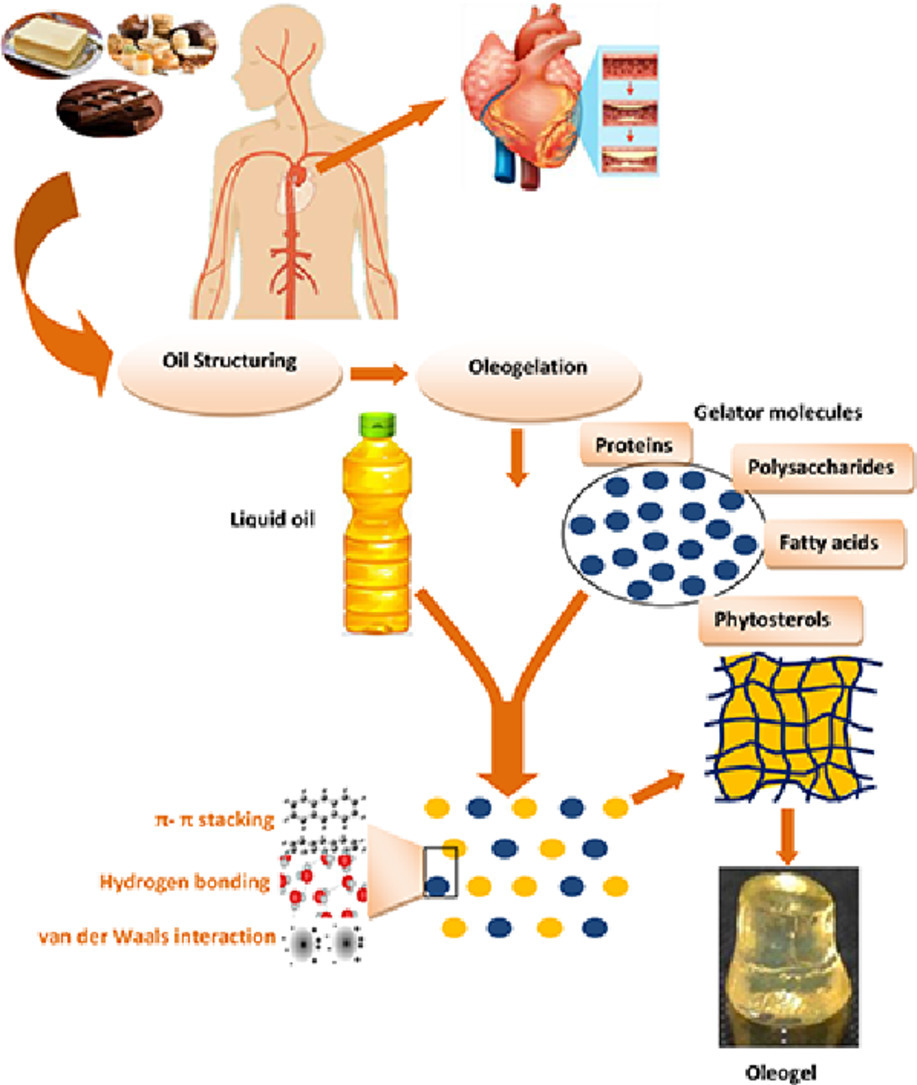Elsevier, The Lancet Regional Health - Western Pacific, Volume 20, March 2022
Background: Air pollution is a risk factor for poor cognitive function, while a plant-based dietary pattern is associated with better cognitive function. We aimed to explore their interaction with cognitive function among older adults. Methods: We used a prospective cohort of old individuals, including 6525 participants of the Chinese Longitudinal Healthy Longevity Survey (CLHLS), aged 65-110 years and with normal cognition at baseline. Air pollution measurement was derived using satellite-derived annual average fine particulate matter (PM2.5) concentrations based on residential locations.
Elsevier, IFAC Journal of Systems and Control, Volume 19, March 2022
The optimal control of a water reservoir system represents a challenging problem, due to uncertain hydrologic inputs and the need to adapt to changing environment and varying control objectives. In this work, we propose a real-time learning-based control strategy based on a hierarchical predictive control architecture.
Elsevier, Mayo Clinic Proceedings, Volume 97, March 2022
Objective: To develop a new scoring system that more accurately predicts 30-day mortality in patients with alcohol-associated hepatitis (AH). Methods: A cohort of consecutive adults diagnosed with AH at a single academic center from January 1, 1998, to December 31, 2018, was identified for model derivation. Multivariate logistic regression was used to create a new scoring system to predict 30-day mortality. External validation of this score was performed on a multicenter retrospective cohort. Results: In the derivation cohort of 266 patients, the 30-day mortality rate was 19.2%.
Elsevier, The Lancet Regional Health - Americas, Volume 7, March 2022
Background: Many residents of the Bronx are from West Africa where chronic hepatitis B is endemic. Hepatitis B screening is low in West African immigrant communities due to multiple possible cultural and socioeconomic factors. Methods: A culturally sensitive educational program on hepatitis B with a special emphasis on the relevance for the West African community was developed.
Elsevier,
The Lancet Planetary Health, Volume 6, March 2022
Background: Numerous studies have quantified the associations between ambient temperature and enteric infections, particularly all-cause enteric infections. However, the temperature sensitivity of enteric infections might be pathogen dependent. Here, we sought to identify pathogen-specific associations between ambient temperature and enteric infections.
Elsevier,
The Lancet Regional Health - Americas, Volume 6, 2022, 100101
This study supports SDG 3 and 13 by quantifying the risk and attributable burden of hospitalisations for renal diseases related to ambient temperature, showing that this risk was positively associated with daily mean temperature and was more prominent in women, children aged 0–4 years, and older people aged ≥80 years. The findings highlight the need for the development of more policies to prevent heat-related hospitalisations and to mitigate climate change.

